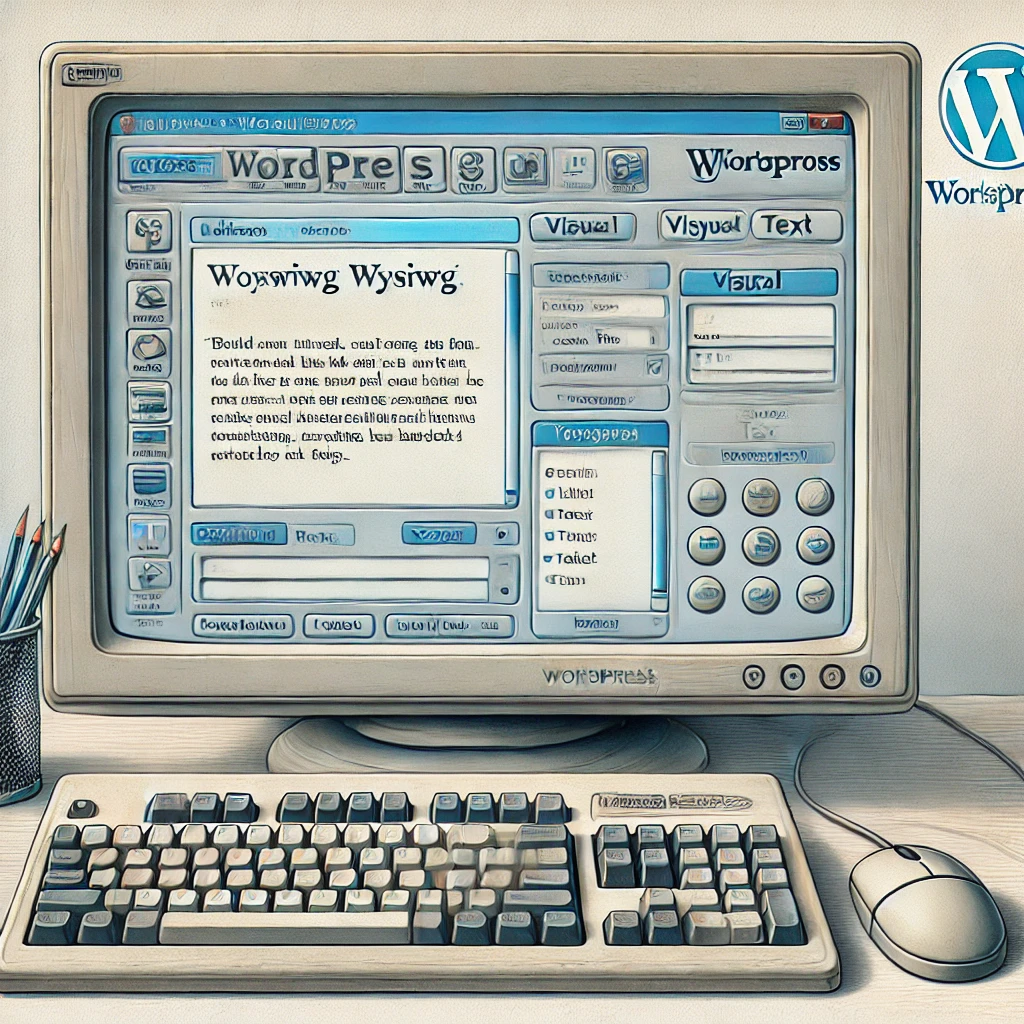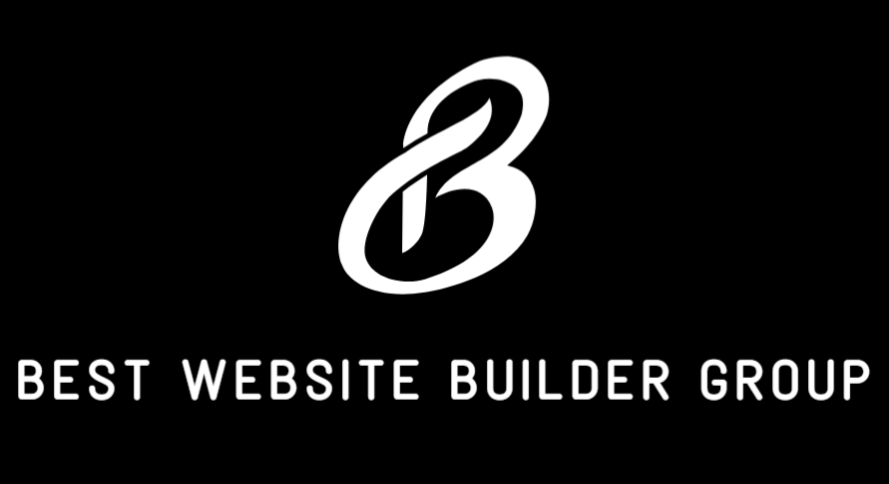If you’ve ever searched for content management systems or dabbled in website creation, you’ve likely encountered WordPress. It’s one of the most powerful and widely-used platforms in the world, powering over 40% of all websites on the internet. But despite its dominance, a common question still lingers: Who owns WordPress?
To answer that, we have to look beneath the surface. WordPress is unique in its licensing, ecosystem, and governance. It’s not owned by a single person or traditional company in the way you might expect. In this article, we’ll unpack the ownership of WordPress, the distinction between WordPress.com and WordPress.org, and how the platform sustains itself. We’ll also explore why this matters for businesses relying on WordPress — including those we serve at Best Website Builder Group.

The Origins of WordPress
WordPress was founded in 2003 by Matt Mullenweg and Mike Little. It began as a fork of an older blogging platform called b2/cafelog. At the time, blogging was taking off, and Mullenweg envisioned a more elegant, standards-compliant publishing system built with PHP and MySQL.
The result was WordPress 0.7, the first official release. From the beginning, the software was licensed under the GNU General Public License (GPL), a type of open-source license that would become central to WordPress’s identity and ownership model.
What Does Open Source Really Mean?
Understanding who owns WordPress requires understanding what it means to be open source. The GPL license allows anyone to:
- Use the WordPress software for any purpose
- Modify the code to suit their needs
- Distribute copies of the original or modified code
- Install it on any number of sites
No one person or company owns WordPress in the way one might own a proprietary product. Instead, the codebase is managed by a vast community of contributors, with leadership from key figures — most notably Matt Mullenweg.

The Two Flavors of WordPress: .org vs .com
This is where confusion often arises.
- WordPress.org is the open-source content management system (CMS) that anyone can download and host on their own server.
- WordPress.com is a commercial platform run by Automattic, a company founded by Mullenweg, which offers WordPress-based websites with managed hosting and premium services.
Although they share the same core code, they serve different purposes. WordPress.org is free and flexible, while WordPress.com offers convenience and monetization.
So, who owns WordPress?
The answer depends on which “WordPress” you’re referring to.

The WordPress Foundation
The WordPress Foundation is a non-profit organization created by Matt Mullenweg in 2010 to ensure that the WordPress name and code remain free forever. The foundation owns the WordPress trademark, as well as the domains WordPress.org, bbPress, and BuddyPress.
This entity ensures that WordPress cannot be bought, sold, or privatized — at least not the open-source version. It’s the foundation that legally protects the community’s right to use and contribute to WordPress.
This model is very different from platforms like Wix or Squarespace, which are proprietary services owned by corporations.
Automattic’s Role
Automattic, on the other hand, is a for-profit company that owns WordPress.com. It offers additional services like:
- Hosting plans
- Custom domains
- Jetpack (a suite of security and performance tools)
- WooCommerce (eCommerce solution)
- Akismet (anti-spam filter)
Automattic contributes heavily to the development of the WordPress core software, hiring many full-time developers who work on the open-source project.
So while the WordPress CMS itself is community-owned and protected by the foundation, the .com service is owned and monetized by Automattic.
This distinction is similar to Linux: the core software is open source, but companies like Red Hat or Canonical (Ubuntu) offer commercial services built on top of it.

Who Maintains the WordPress Code?
WordPress is maintained by a worldwide community of developers, designers, translators, and users. This includes:
- Volunteer contributors
- Employees of companies who use WordPress (like hosting providers or agencies)
- Independent developers creating themes, plugins, and tools
These contributors are organized into “teams” (Core, Meta, Themes, Plugins, Documentation, etc.) under the guidance of a benevolent dictator for life (BDFL) — a term affectionately applied to Matt Mullenweg.
Despite his informal leadership, Mullenweg does not legally own the software. The WordPress community operates in a meritocratic way, where those who consistently contribute are given more responsibility.
Trademark Guidelines and the WordPress Brand
Because the WordPress name and logo are protected trademarks owned by the WordPress Foundation, usage is strictly governed.
For example:
- You can’t use “WordPress” in a domain name (e.g., wordpressplugins.com would violate the trademark).
- You can use “WP” instead.
- Commercial businesses using WordPress must follow brand usage guidelines outlined at wordpressfoundation.org
This safeguards the integrity of the brand, ensuring that no company — even Automattic — can exploit the name for profit outside of agreed standards.

Why This Ownership Structure Matters
Knowing who owns WordPress isn’t just trivia. It impacts:
- Freedom: You own your WordPress site. You’re not locked into one host or vendor.
- Flexibility: You can modify the code to do anything you want, including creating completely custom designs or applications.
- Longevity: WordPress won’t disappear if a company goes out of business.
- Security and transparency: Open development means bugs and exploits are patched quickly by the community.
At Best Website Builder Group, we’ve built dozens of custom WordPress websites, including WooCommerce stores, membership portals, and blog-heavy publishing platforms — all benefiting from the open architecture and freedom that comes with WordPress.
Related Services and Tools Built Around WordPress
While WordPress is open source, a massive commercial ecosystem has evolved around it:
- Hosting providers (like Kinsta, SiteGround, Bluehost)
- Theme developers (like Astra, GeneratePress, Divi)
- Plugin developers (like Yoast SEO, WPForms, Elementor)
- Marketplace sites (like ThemeForest and CodeCanyon)
None of these companies own WordPress — but all benefit from its usage. This collaborative balance between open-source freedom and commercial opportunity is rare in the tech world.

Conclusion
So, who owns WordPress?
- The software: owned by no one, licensed under GPL, protected by the WordPress Foundation
- The trademark: owned by the WordPress Foundation
- WordPress.com: owned and operated by Automattic
- The community: maintained and grown by thousands of contributors around the world
WordPress exists because of a shared belief in the open web. It’s not just a platform — it’s a movement. Whether you’re launching your first blog or scaling an enterprise-grade website, WordPress offers the power, flexibility, and freedom to build your vision.
And if you need help building or managing your WordPress site, Best Website Builder Group is ready to bring your project to life.
